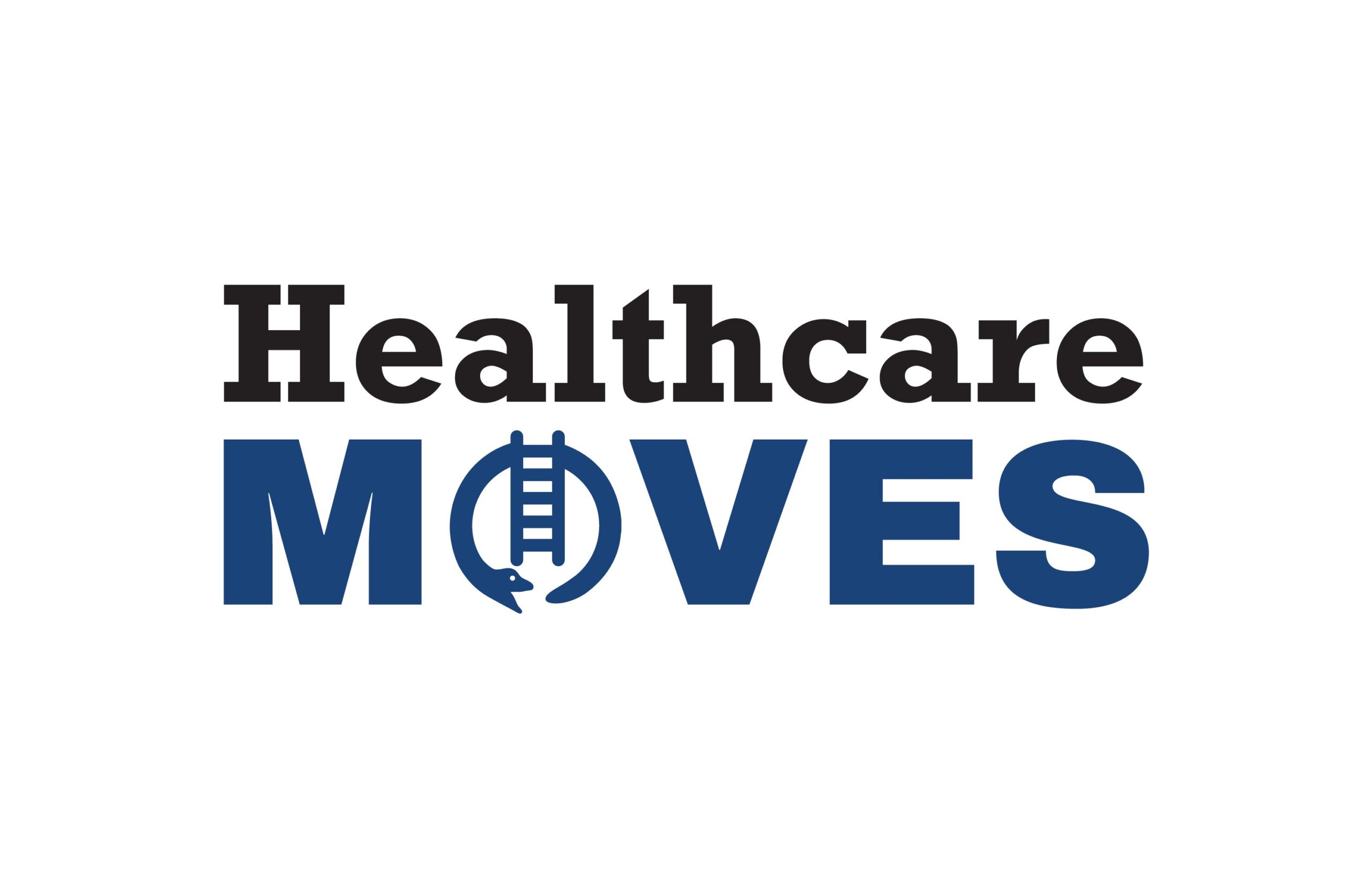We have had many family conversations about education reform over the years. Whistleblower readers have seen some of this creeping through some prior posts. It’s an issue that affects every American and deserves the efforts of our most talented and innovative thinkers to elevate the system to a higher orbit.
One of the mantras of traditional reformers is that smaller classes for students are optimal. Indeed, local school boards and teachers’ unions often warn of expanding or exploding class sizes if requested levies are not passed. They know that we parents believe that class size varies inversely with the quality of education. Ask parents if they would prefer a class of 20 or a class of 30 students for their youngsters and all will opt for the former.
Are smaller classes really better, or do we just believe they are because our intuition instructs us that it is? Is something true because it seems self-evident to us?

With the Rise of AI, What IP Disputes in Healthcare Are Likely to Emerge?
Munck Wilson Mandala Partner Greg Howison shared his perspective on some of the legal ramifications around AI, IP, connected devices and the data they generate, in response to emailed questions.
I found recent New York Times article on this issue very enlightening. There are education experts who are not convinced that larger classes compromise educational quality. Are they right? I can’t say, but I’m happy to see that not everyone is drinking the Kool Aide. Assumptions are not data.
The medical profession is permeated by myths that we physicians and the public believe to be true, but may not be, or have not been rigorously tested. Practices and procedures that are done routinely and repeatedly are considered to be standard medical practice. In other words, evidence is not needed.
Consider the following medical procedures and offer a view if they are sound practices or medical myths.
- Lowering your cholesterol level will have a significant impact on your risk of developing heart disease or stroke.
- Influenza vaccine is a highly effective vaccine and should be administered yearly to all eligible individuals.
- It is important for physicians to check patients’ reflexes during physical examinations to determine if subtle neurologic injury is present.
- Vitamin supplements are important to maintain good health.
- Early detection of disease leads to better outcomes.
- Probiotics cure everything and should be mandated for all school children.
- Periodic laxative use is advised to cleanse the colon of injurious toxins.
- Adults should have their abdomens examined at least every 3 years to discover if any tumors or organ enlargement have occurred.
- Yearly eye examinations are necessary to screen for glaucoma and other eye disorders.
- Colonoscopies have been proven to prevent colon cancer.
- The prostate-specific antigen (PSA) test saves lives and should be measured periodically in men starting at age 50.
- If a cardiac catheterization shows a narrowed artery, then a stent should be inserted to prevent a heart attack from developing.
- Pelvic examinations in women are important opportunities to detect ovarian cancer at an early stage.
- Mammography is proven to save lives.
- Fiber supplements benefit patients with irritable bowel syndrome.
- Patients with acute back pain benefit from an early MRI to guide medical treatment.
- Medical bloggers always tell the truth.
Is our medical advice coming from sound evidence or from the mythological gods on Mount Olympus?
The author, Michael Kirsch, MD, is a full time practicing physician and writer. He writes regularly at MD Whistleblower.















